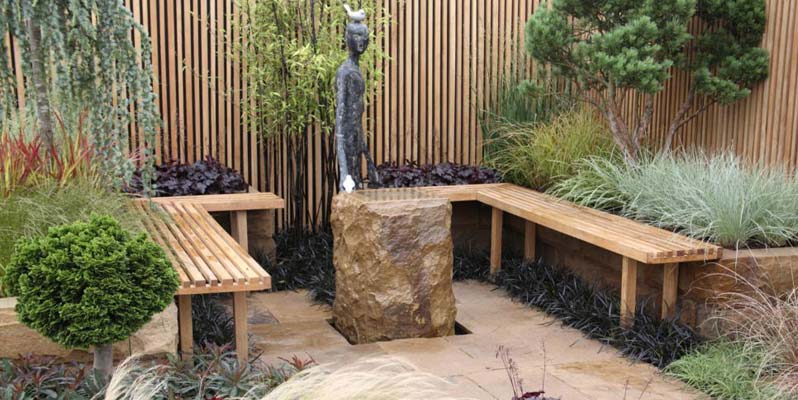While landscaping can be considered a healthy job because you get lots of exercise and fresh air, there are also health risks that you need to be aware of in order to take preventative measure or eliminate them altogether. Some of these can cause injury, while others can actually make you sick, rather than injured.
- Concreting is often a big part of landscaping if the client wants pathways, driveway or a concrete floor put in for an alfresco area. They may want a wall built or steps to the back deck. In many cases you can get a mini concrete truck in with enough mixed cement to do the job. But sometimes it is a small job that requires a concrete mixer and shovel. There are two main things involved that can affect your health. Lifting bags of cement that are very heavy and breathing in the dust from it. The latter can be particularly bad because the dust is very fine, yet it’s heavy, just like the concrete. It can get into your lungs and cause a condition called silicosis or lung cancer. Apart from that it can irritate the eyes, upper respiratory tract and the skin. Protect yourself with mask, goggles, gloves and long-sleeves.
- Keep cutting tools well-maintained and sharp to prevent injury such as RSI from putting too much pressure on the tool to make it cut. All tools and equipment should be kept well maintained for safety, but electrical equipment even more so. It’s important to switch off and disconnect power tools before examining them to see why they stopped working. Use battery powered tools where possible to avoid having electric cords running along the ground. Never use such tools in wet conditions.
- Sunburn is something that many people ignore, but it can also cause cancer. Make sure you have a large supply of sunscreen handy and several hats or caps ready in your work vehicle, then you can choose one to suit the conditions. For instance, a straw hat is likely to blow off if it’s a windy day, so you’d need a cap. A legionnaire’s cap with a back flap will protect your neck.
- When doing high pruning work, don’t wear a floppy hat because if a branch falls you won’t be able to see it. Instead, wear a cap and turn it backwards for the actual pruning part. Good vision is essential. You should also wear goggles to protect your eyes from drifting sawdust or debris.
- Never allow an untrained person to use machinery. Many life-threatening injuries occur due to the operator not being properly trained.
- Never use pesticides or other chemicals without proper protection and training in safety. Even when the day seems very still, spray can drift over you because it is so fine it is carried on the lightest air movement.


